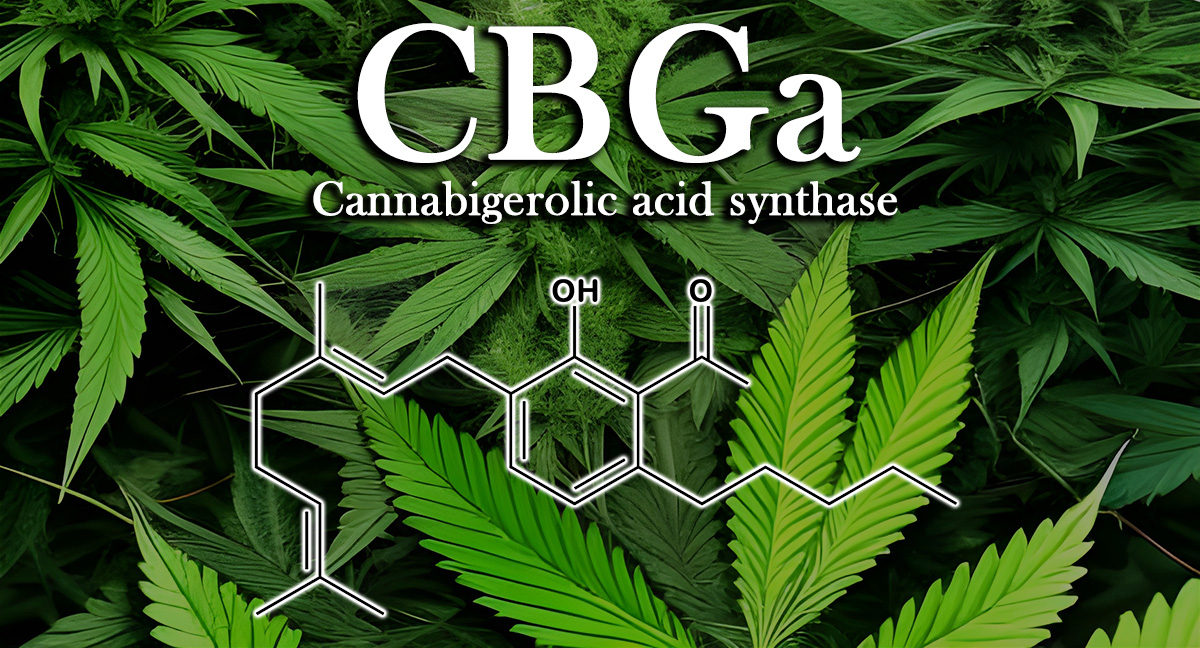

Cannabigerolic acid (CBGA) is a lesser-known cannabinoid found in the cannabis plant. Often referred to as the “mother of all cannabinoids,” CBGA is the precursor to other cannabinoids like THC, CBD, and CBC. While CBGA is present in raw cannabis plants in lower concentrations than other cannabinoids, it has been found to have unique therapeutic properties. In this blog post, we will explore the potential benefits of CBGA and its role in the ever-expanding world of cannabis-based therapies.
Anti-Inflammatory and Analgesic Effects
Inflammation is a natural response to injury or infection, but chronic inflammation can lead to various health problems such as autoimmune disorders, heart disease, and cancer. CBGA has demonstrated anti-inflammatory properties, making it a potential treatment for conditions like arthritis and inflammatory bowel disease. A study published in the journal Biochemical Pharmacology found that CBGA can inhibit the production of inflammatory molecules in the body. This suggests that CBGA may be useful in managing inflammation and associated pain.
In addition to its anti-inflammatory properties, CBGA has shown analgesic effects in animal studies, which implies that it may be useful in managing pain. Research published in the journal Planta Medica found that CBGA can interact with specific receptors involved in pain signaling, thus reducing pain perception. This finding is promising for the development of new pain-relief therapies utilizing CBGA.
Potential Neuroprotective Properties
Neurodegenerative disorders like Alzheimer's and Parkinson's disease affect millions of people worldwide, and researchers are continually searching for new treatment options. CBGA may have neuroprotective effects, which could be beneficial for patients with these disorders. A study published in the Journal of Neuroinflammation found that CBGA can reduce the production of oxidative stress and inflammation in the brain. These findings suggest that CBGA may help protect brain cells from damage and slow the progression of neurodegenerative diseases.
Potential Anti-Cancer Properties
Cancer is a leading cause of death worldwide, and researchers are continually searching for new and innovative treatments. Some studies suggest that CBGA may have potential anti-cancer properties. For example, a study published in the journal Anticancer Research found that CBGA can inhibit the growth of colorectal cancer cells. While more research is needed, these findings offer hope for the development of new cancer therapies utilizing CBGA.
Antibacterial and Antifungal Properties
Infections caused by antibiotic-resistant bacteria and fungi are becoming increasingly common, making the search for new antimicrobial agents more critical than ever. CBGA has shown promise in this area, as it has demonstrated antibacterial and antifungal properties. A study published in the Journal of Natural Products found that CBGA can inhibit the growth of Staphylococcus aureus, a common bacterium responsible for various infections, including skin infections and pneumonia. Additionally, research published in the journal Fitoterapia found that CBGA can inhibit the growth of certain fungi, including Candida albicans, which causes oral and genital infections.
Potential Treatment for Metabolic Disorders
Metabolic disorders, including type 2 diabetes and obesity, are significant public health concerns, and researchers are continually seeking new treatment options. CBGA may have potential in this area, as it has been found to modulate certain enzymes involved in lipid metabolism. A study published in the journal Bioorganic & Medicinal Chemistry found that CBGA can inhibit the activity of specific enzymes responsible for the breakdown of fats in the body. This suggests that CBGA may be useful in the development of therapies for metabolic disorders by regulating lipid metabolism.

